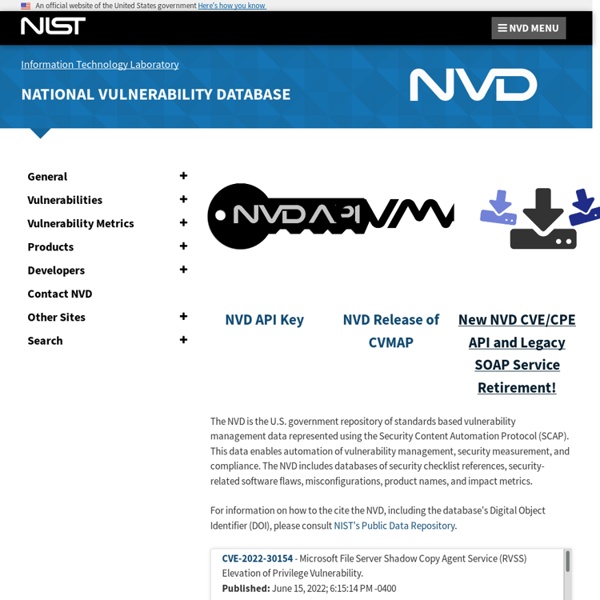



National Cybersecurity Institute (NCI) - Excelsior College The National Cybersecurity Institute at Excelsior College is an academic and research center dedicated to assisting government, industry, military, and academic sectors meet the challenges in cybersecurity policy, technology, and education. The NCI is shaping a coordinated effort to build the cybersecurity workforce and influence an informed leadership base that implements cutting-edge cybersecurity policy. We target the development of effective cybersecurity practice in specific sectors, including health care, finance, utilities/energy, telecommunications, and education/training. Center of Academic Excellence in Cyber Defense Education The National Security Agency (NSA) and the Department of Homeland Security have designated Excelsior College as a National Center of Academic Excellence in Cyber Defense Education. Leadership Kevin Moore, Interim Director of National Cybersecurity Institute Kevin Moore is the faculty program director for the Master of Science in Cybersecurity program.
Vulnerability Notes The Vulnerability Notes Database provides information about software vulnerabilities. Vulnerability Notes include summaries, technical details, remediation information, and lists of affected vendors. Most Vulnerability Notes are the result of private coordination and disclosure efforts. You can search the Vulnerability Notes Database or browse by several views. We also provide an archive of all public vulnerability information from our database. To communicate with us about a specific vulnerability, please send email with the appropriate VU# number(s) in the subject line. We appreciate your comments and suggestions.
LIVE HACKING | Ethical Hacking and Penetration Testing Online Magazine BIND An authoritative DNS server answers requests from resolvers, using information about the domain names it is authoritative for. You can provide DNS services on the Internet by installing this software on a server and giving it information about your domain names. The BIND 9 documentation includes a description of the Primary/Secondary/Stealth Secondary roles for authoritative servers. Response Rate Limiting (RRL) is an enhancement to named to reduce the problem of “amplification attacks” by rate-limiting DNS responses. Minimal ANY Responses Queries for ANY records are a possible abuse mechanism because they typically extract a response much larger than the query. Dynamically-Loadable Zones (DLZ) enable BIND 9 to retrieve zone data directly from an external database. Minimum Re-load Time Update your BIND 9 server zone files with the remote name daemon control (rndc) utility, without restarting BIND 9. HSM Support DNSSEC with In-line Signing Catalog Zones Scaleable Primary-Secondary Hierarchy